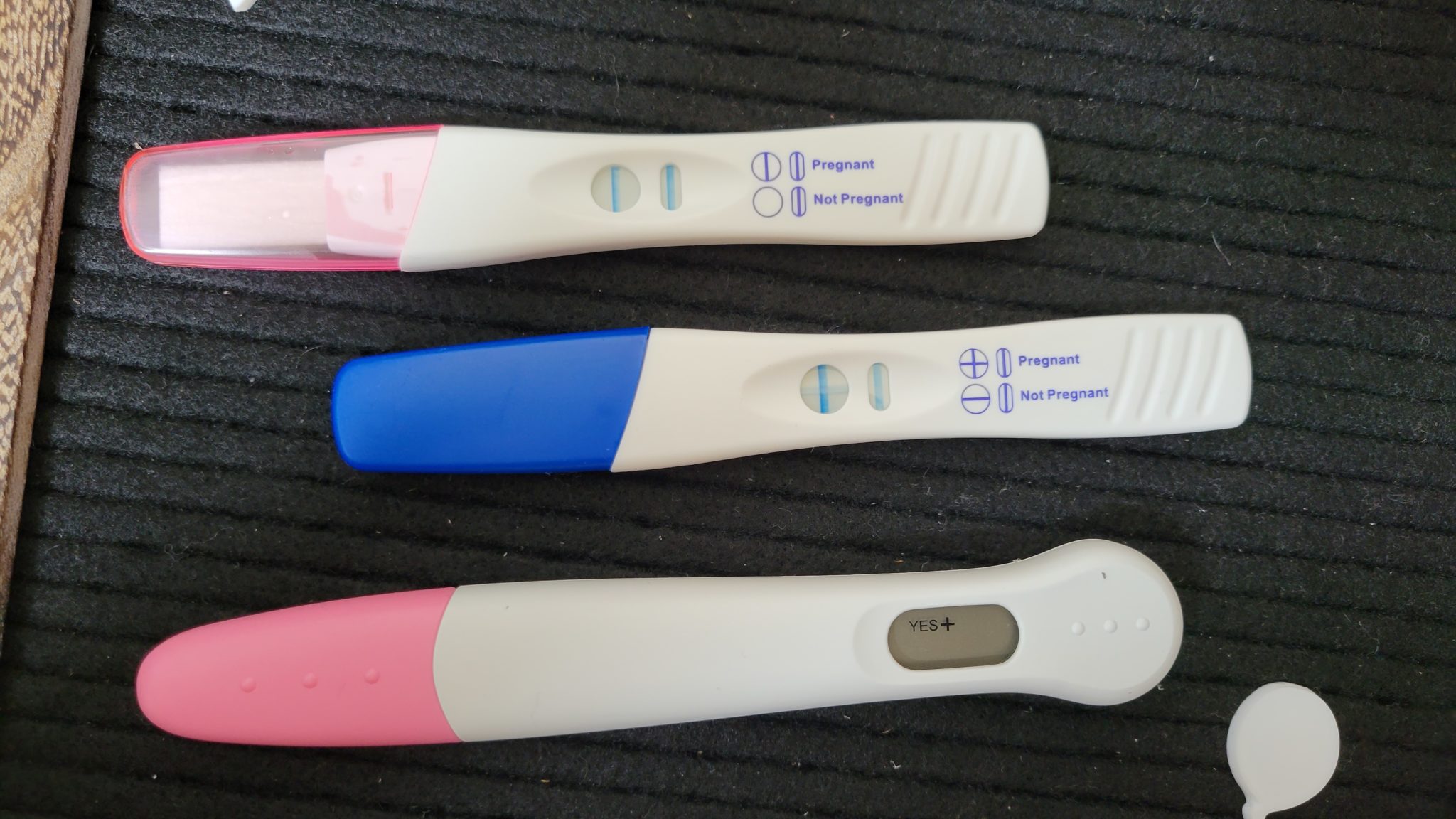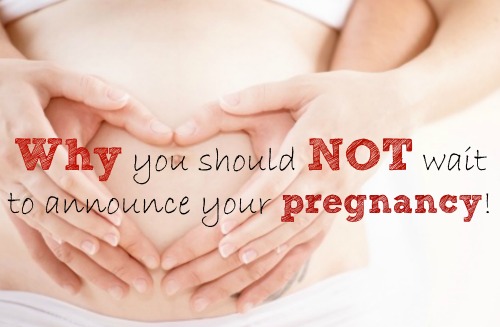

This page was last reviewed in January 2022. It’s a good idea to put all of this in writing so that you know what has been agreed afterwards too.

There are some things that are useful to keep in mind when you go for ‘the chat’. Is there anything else I should keep in mind when speaking to my employer about being pregnant? There is also lots of advice and information to help you tackle any negative reactions or treatment because of your pregnancy (Maternity Action, 2019b). And you should never be made to feel bad about juggling the two. What if your pregnancy is met with a ‘less than enthusiastic’ response? Or your manager is genuinely happy for you but concerned about how your maternity leave will affect the business? Whatever the reaction, remember that you have a right to a career and a family. What if my employer reacts badly to my pregnancy?

WHEN SHOULD YOU ANNOUNCE A PREGNANCY FREE
And if you have any worries about telling your boss, do feel free to go via HR so you have some back-up. Your maternity leave may require handovers or decisions that are best managed before news gets out. Who should I tell first about my pregnancy at work?Īs much as you might want to tell your best work pals your news, it’s a good idea to talk your manager first. Tell them the date you want to start your leave and maternity pay by the end of the 15th week before your baby is due (Gov.uk, no date Maternity Action, 2019a). Whenever you tell your boss that you’re pregnant, if you want to take maternity leave or claim Statutory Maternity Pay (SMP) you should notify your employer in writing. Do I have to tell my employer in writing or on email that I’m pregnant?

Your employer must record any pregnancy-related sickness separately so that it isn’t used against you in any disciplinary, redundancy or dismissal decisions (Maternity Action, 2019c). Actually, once your employer knows you’re pregnant, you’re protected against unfavourable treatment because of pregnancy-related discrimination (Maternity Action, 2019b). Is there any danger that because I’m pregnant, I’ll be treated badly? If it isn’t, they’ll need to make necessary improvements, or provide you with alternative work for the same pay. They must also keep health and safety risks under review throughout your pregnancy (HSE, no date). Workplace risk assessment: once they know you’re pregnant, they have to make sure your workplace is safe for you.A pregnant person's contracted terms and conditions cannot be changed without agreement (Gov.uk, no date). Protection from unfair treatment, dismissal or discrimination.Your partner or the father of your baby is also entitled to attend two antenatal appointments, although this is unpaid (Gov.uk, no date). You’re entitled to all of this but your employer can ask for proof of appointments (Maternity Action, 2021a). Paid time off for your antenatal care, including appointments and classes recommended by a doctor or midwife.Maternity leave: your boss can give you information or see the further information links below.What do you need and get from your boss and workplace when you’re pregnant? Some women want to do it after the first trimester, once you’ve had your first scan (and start having a more obvious bump).īut there are some benefits to telling your employer sooner rather than later. Legally, the latest you need to tell your employer about your pregnancy or maternity leave is 15 weeks before the week in which your baby is due (Gov.uk, no date Maternity Action 2021a). When should I tell my boss that I’m pregnant? It’s also important to understand what your employer’s responsibilities to you are. And you have rights that make that clear (Gov.uk, no date). The fact that you want a family has – or should have – no bearing on your career. You may be worried about the implications for your job and career or concerned about your employer’s reaction.īut stop. For some women, sharing the news that they’re going to have a baby with their employer can be loaded with nerves.


 0 kommentar(er)
0 kommentar(er)
